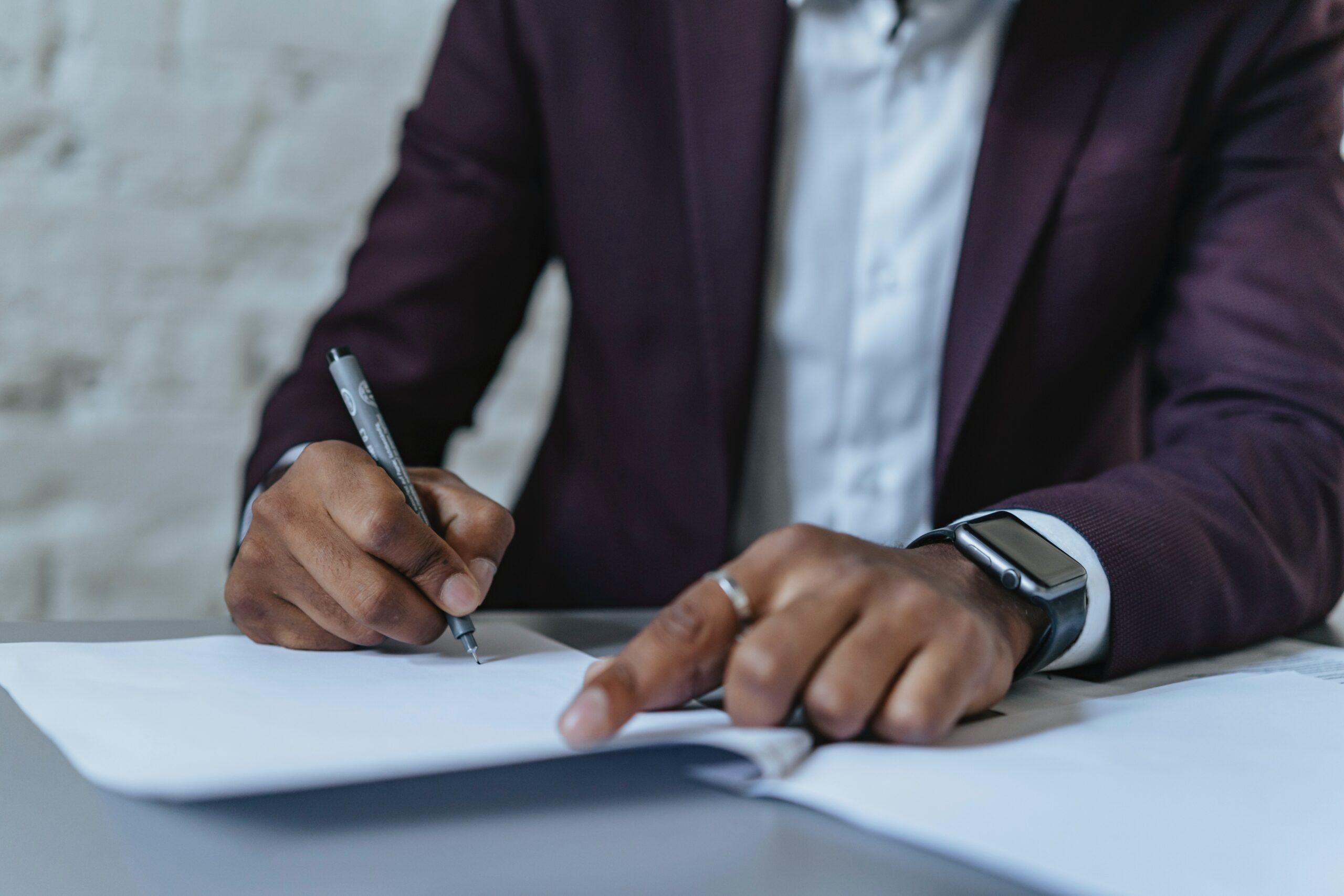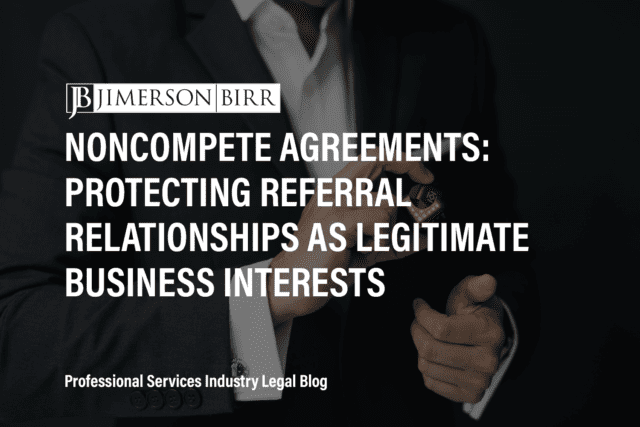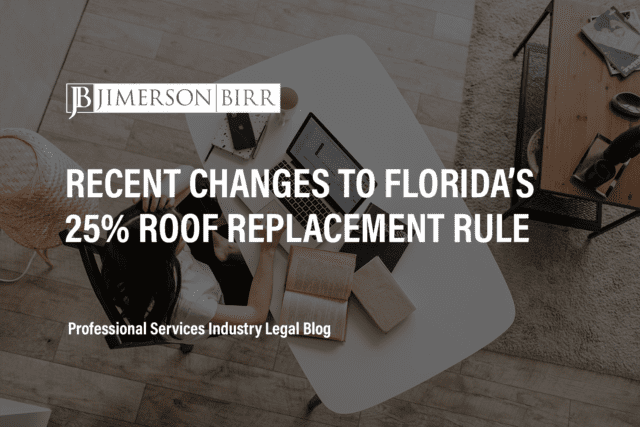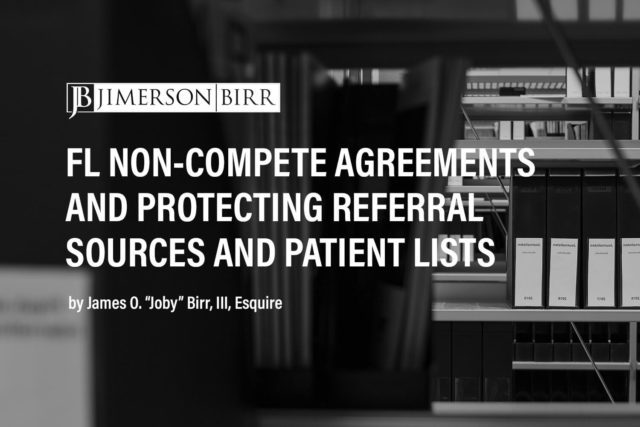What is copyright infringement?
Copyright infringement occurs when an individual or entity violates the exclusive rights granted to a copyright owner under the Copyright Act of 1976. In the context of intellectual property protection in Florida, copyright infringement involves the unauthorized reproduction, distribution, performance, or display of copyrighted works. Additionally, infringement may include creating derivative works without the copyright owner’s permission.
For instance, suppose a business in Florida uses copyrighted photographs on its website without obtaining the necessary licenses from the copyright owner. In this case, the business could face a copyright infringement claim under Florida and federal law. The copyright owner may pursue legal action to stop the unauthorized use, seek monetary damages, and potentially recover attorney’s fees and costs. Individuals and businesses must know these rights and adhere to copyright laws to avoid potential infringement claims.
Need an intellectual property advocate? Schedule your consultation today with a top intellectual property protection attorney.
In Florida, which laws and regulations apply to copyright infringement?
In Florida, federal law primarily governs copyright infringement, specifically the Copyright Act of 1976. The Copyright Act grants copyright owners exclusive rights to reproduce, distribute, perform, display, and create derivative works based on their original creations. Additionally, the Digital Millennium Copyright Act (DMCA) addresses online copyright infringement by creating a safe harbor for internet service providers and establishing a process for copyright owners to request the removal of infringing material.
While Florida does not have specific state statutes addressing copyright infringement, the state’s courts apply federal copyright law in cases involving infringement claims. Therefore, individuals and businesses in Florida should familiarize themselves with these federal laws and regulations to prevent potential copyright infringement and navigate disputes effectively.
What are the strategic benefits of pursuing and defending against copyright infringement?
Effective navigation of intellectual property law enables the following for businesses:
- Enforcement of exclusive rights: Pursuing copyright infringement claims allows copyright owners to enforce their exclusive rights granted under the Copyright Act. This enforcement helps maintain the value of their intellectual property and deter future infringement.
- Monetary damages: Successful copyright infringement litigation can result in the recovery of monetary damages, including actual damages, statutory damages, and in some cases, attorney’s fees and costs. These financial remedies can compensate the copyright owner for losses resulting from the unauthorized use of their work.
- Injunctions: Obtaining a court-ordered injunction can halt ongoing infringement and prevent further unauthorized use of the copyrighted work. This legal remedy helps protect the copyright owner’s intellectual property rights and market share.
- Establishing a reputation: Asserting and defending copyright infringement claims can help copyright owners develop a reputation for protecting their intellectual property. This reputation may deter potential infringers and encourage respect for the copyright owner’s rights.
- Licensing opportunities: Pursuing infringement claims can lead to licensing negotiations between the copyright owner and the infringing party. Licensing agreements can generate additional revenue for the copyright owner and allow the infringing party to use the copyrighted work lawfully.
When a set of facts is appropriate for legal intervention, there are many paths a claimant may take. We are value-based attorneys at Jimerson Birr, which means we look at each action with our clients from the point of view of costs and benefits while reducing liability. Then, based on our client’s objectives, we chart a path to seek appropriate remedies.
To determine whether your unique situation may necessitate litigation or another form of specialized advocacy, please contact our office to set up your initial consultation.
What copyright issues commonly lead to copyright infringement litigation?
The following issues commonly lead to litigation:
- Confusion between trademarks and copyrights: Copyright infringement litigation may arise when parties mistakenly believe they hold trademark rights in a copyrighted work. Trademarks protect brand names, logos, and slogans, while copyrights protect original works of authorship, such as literary, musical, and artistic works.
- Unauthorized use of copyrighted elements in a trademark: Litigation may result from incorporating copyrighted elements, such as images or designs, into a trademark without obtaining the copyright owner’s permission.
- Infringement of copyrighted works used in advertising: Copyright infringement issues can arise when businesses use copyrighted works in their advertising or promotional materials without obtaining licenses from the copyright owner.
- Misuse of copyrighted works in domain names: Domain name disputes may involve infringement when a domain name incorporates a copyrighted work without authorization.
- Parallel importation: Litigation may arise from parallel importation, or “gray market” goods, when copyrighted works are imported and sold without the copyright owner’s permission. This unauthorized distribution can lead to infringement claims and litigation to protect the copyright owner’s rights.
- Counterfeiting: Copyright infringement litigation can arise when counterfeit goods bearing unauthorized reproductions of copyrighted works enter the market.
Please contact our office to set up your initial consultation to see what forms of intellectual property protection may be available for your unique situation.
What are the elements of a copyright infringement claim?
In Florida, to establish a copyright infringement claim, a plaintiff must prove the following elements:
- The plaintiff owns a valid copyright.
- The defendant copied the plaintiff’s copyrighted work without permission.
- The defendant’s copying was for a commercial purpose or distributed the copyrighted work to the public.
- The defendant’s infringement damaged the plaintiff.
A valid copyright is one that has been registered with the United States Copyright Office, or that has been created without registration and falls within one of the categories of works that are automatically protected by copyright law. To copy a copyrighted work, the defendant must reproduce the work in a tangible medium of expression. To distribute a copyrighted work to the public, the defendant must make copies of the work available to members of the public by sale, rental, lease, or lending. Damages for copyright infringement can include lost profits, reasonable royalties, and costs.
What steps should counsel follow to pursue and defend against copyright infringement effectively?
Counsel should consider the following to protect their clients:
- Evaluate the claim: Assess the validity of the copyright, the scope of the exclusive rights, and the alleged infringement. Review the Copyright Act and relevant Florida Statutes to determine the strength of the claim.
- Gather evidence: Collect documentation and evidence, such as copyright registration certificates, licensing agreements, and evidence of the infringing act.
- Cease and desist letters: Attempt to resolve the matter through negotiation or by sending a cease and desist letter to the infringing party, demanding they stop the infringing activity.
- Assert defenses: If defending against a claim, evaluate and assert appropriate defenses, such as fair use, independent creation, or statute of limitations.
- File a lawsuit: If the matter cannot resolve informally, initiate litigation by filing a complaint in a federal district court with jurisdiction over the parties and subject matter.
- Pursue remedies: Seek remedies, including monetary damages, injunctive relief, and attorney’s fees, as the law allows.
Frequently Asked Questions
- How long does a copyright owner have to file a copyright infringement lawsuit?
Under the Copyright Act, a copyright owner has three years from the date of the infringing act to file a lawsuit for copyright infringement.
- Can a copyright owner sue for infringement if their work is not registered with the U.S. Copyright Office?
Although a copyright owner can sue for infringement, registration with the U.S. Copyright Office is a prerequisite to filing a lawsuit. Registration also provides several benefits, such as eligibility for statutory damages and attorney’s fees.
- What is the “fair use” defense in copyright infringement claims?
Fair use is a legal doctrine that allows the limited use of copyrighted material without obtaining permission from the copyright owner. Courts consider factors such as the purpose and character of the use, the nature of the copyrighted work, the amount and substantiality of the portion used, and the effect on the market or value of the work.
Have more questions about how intellectual property protection could impact your business?
Crucially, this overview of pursuing and defending against copyright infringement does not begin to cover all the laws implicated by this issue or the factors that may compel the application of such laws. Every case is unique, and the laws can produce different outcomes depending on the individual circumstances.
Jimerson Birr attorneys guide our clients to help make informed decisions while ensuring their rights are respected and protected. Our lawyers are highly trained and experienced in the nuances of the law, so they can accurately interpret statutes and case law and holistically prepare individuals or companies for their legal endeavors. Through this intense personal investment and advocacy, our lawyers will help resolve the issue’s complicated legal problems efficiently and effectively.
Having a Jimerson Birr attorney on your side means securing a team of seasoned, multi-dimensional, cross-functional legal professionals. Whether it is a transaction, an operational issue, a regulatory challenge, or a contested legal predicament that may require court intervention, we remain tireless advocates at every step. Being a value-added law firm means putting the client at the forefront of everything we do. We use our experience to help our clients navigate even the most complex problems and come out the other side triumphant.
If you want to understand your case, the merits of your claim or defense, potential monetary awards, or the amount of exposure you face, you should speak with a qualified Jimerson Birr lawyer. Our experienced team of attorneys is here to help. Call Jimerson Birr at (904) 389-0050 or use the contact form to schedule a consultation.

We live by our 7 Superior Service Commitments
- Conferring Client-Defined Value
- Efficient and Cost-Effective
- Accessibility
- Delivering an Experience While Delivering Results
- Meaningful and Enduring Partnership
- Exceptional Communication Based Upon Listening
- Accountability to Goals











